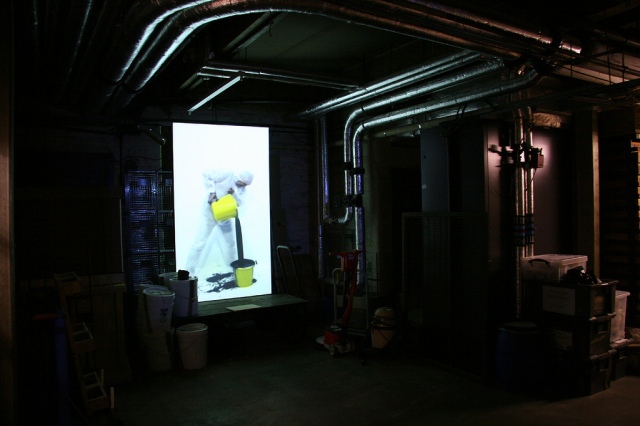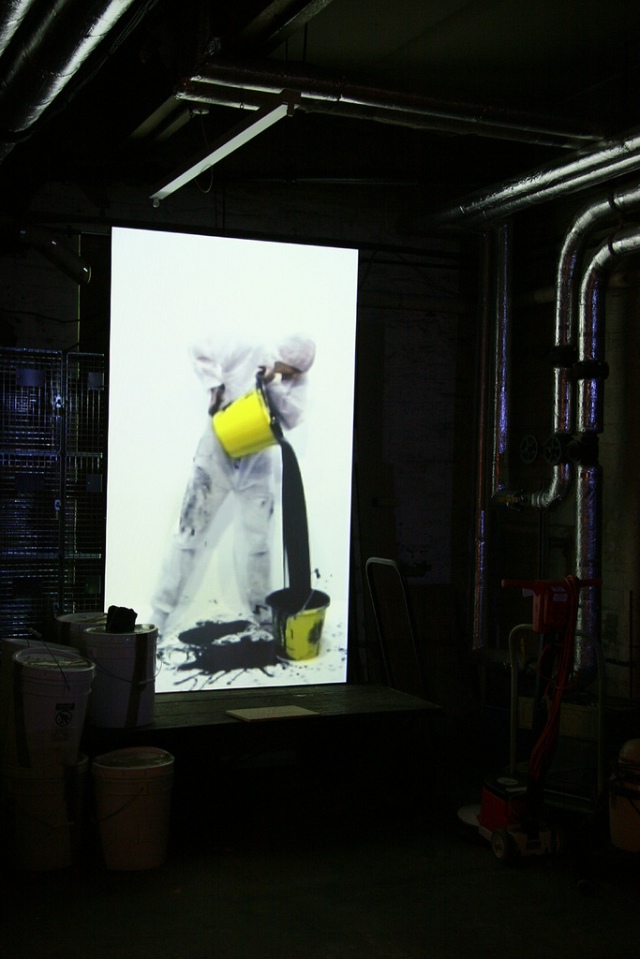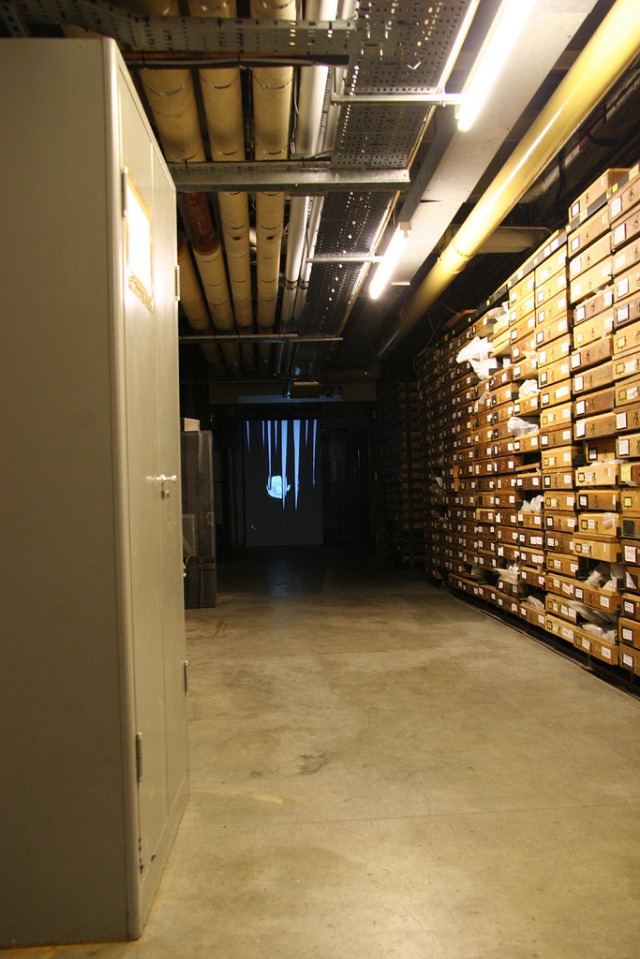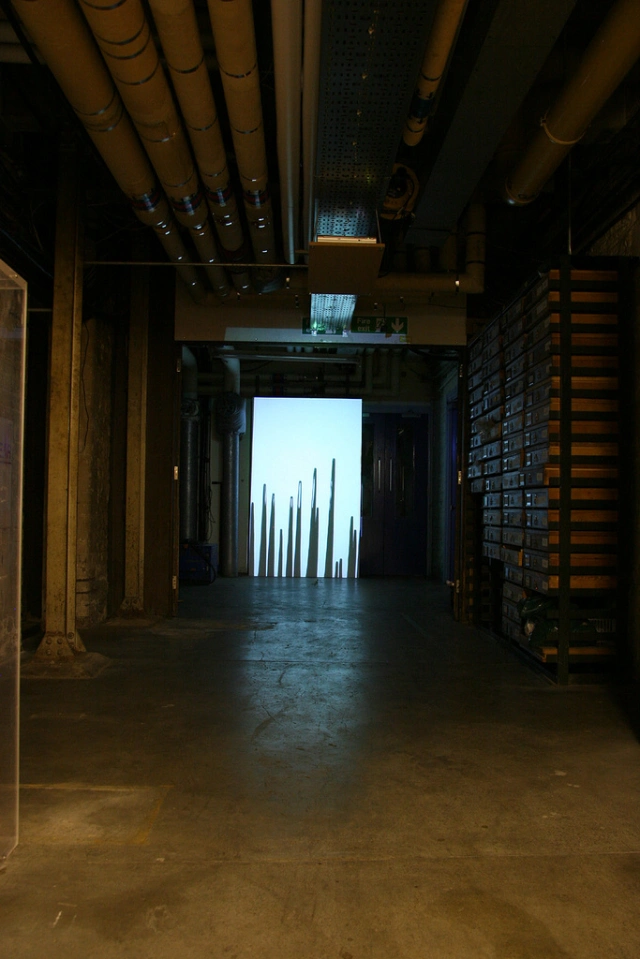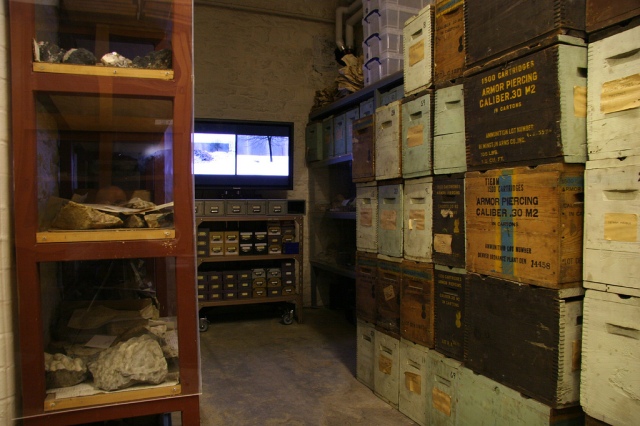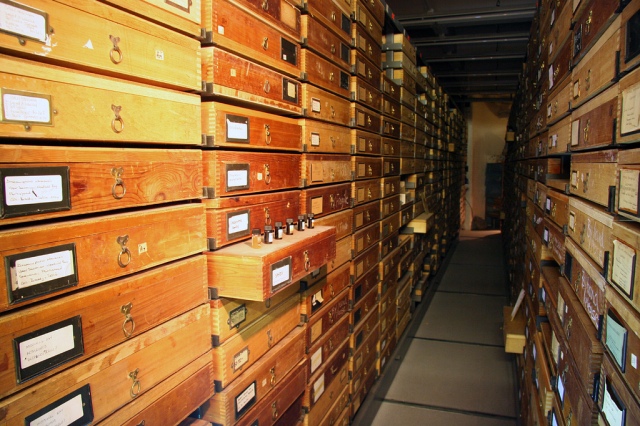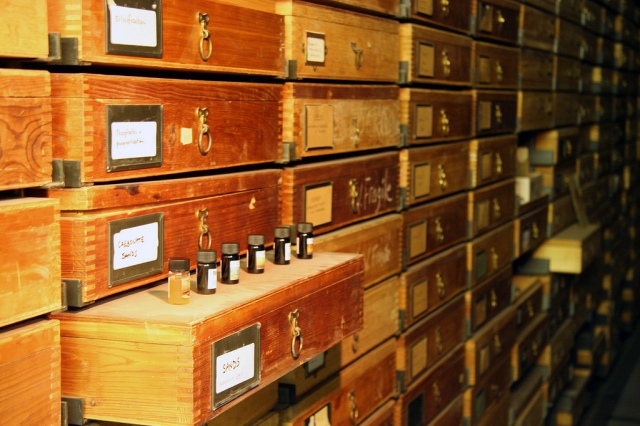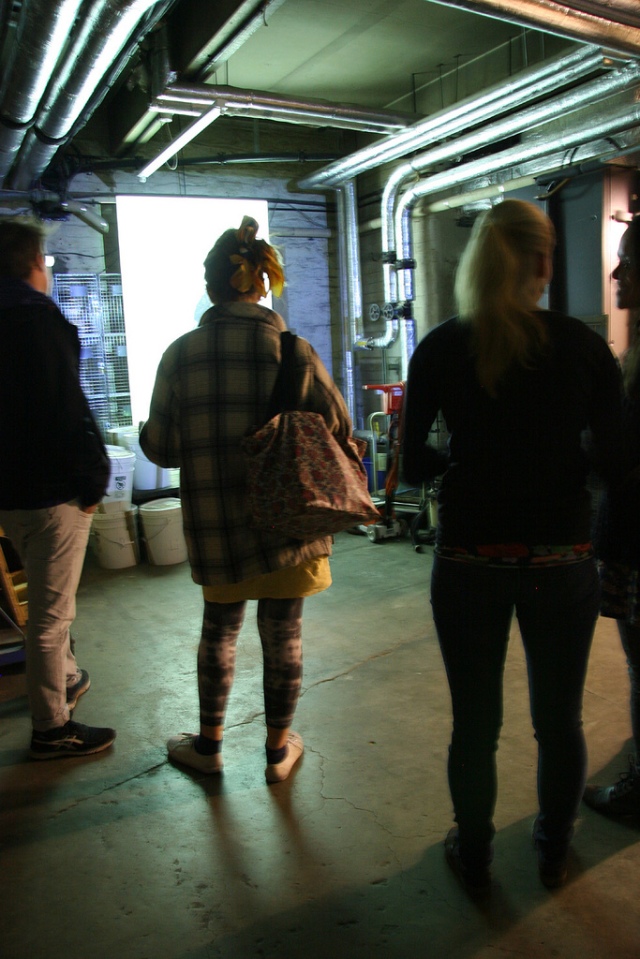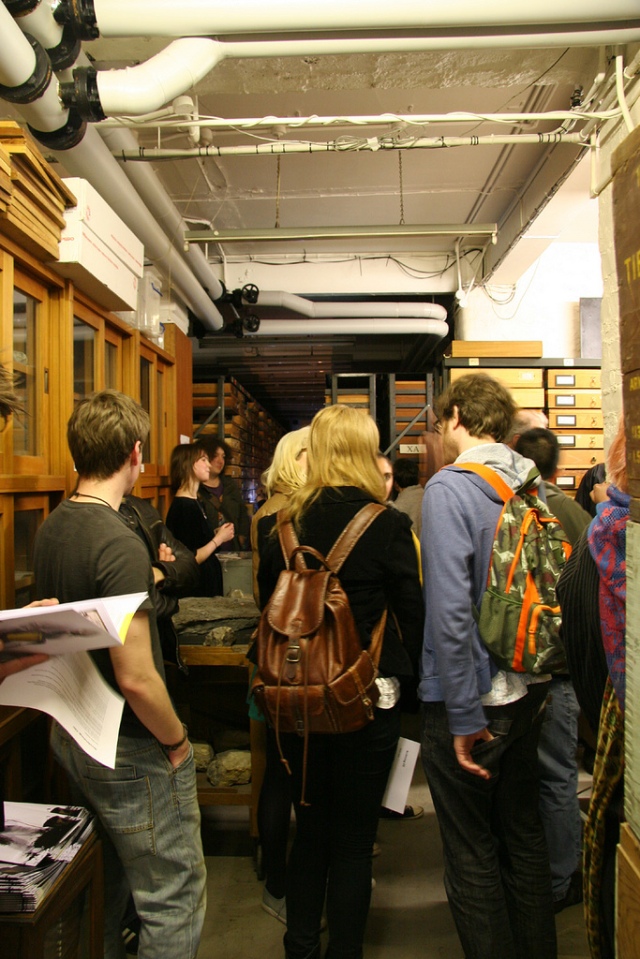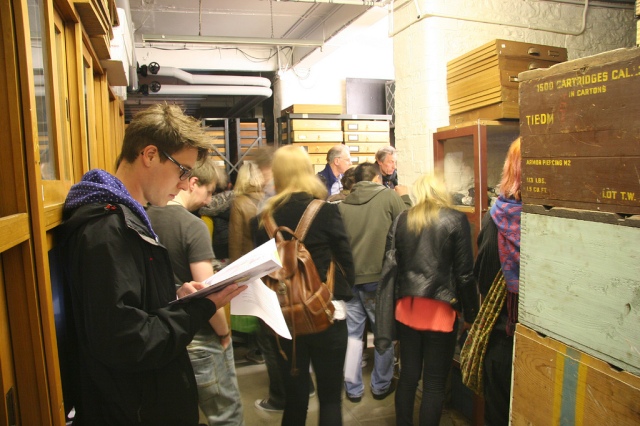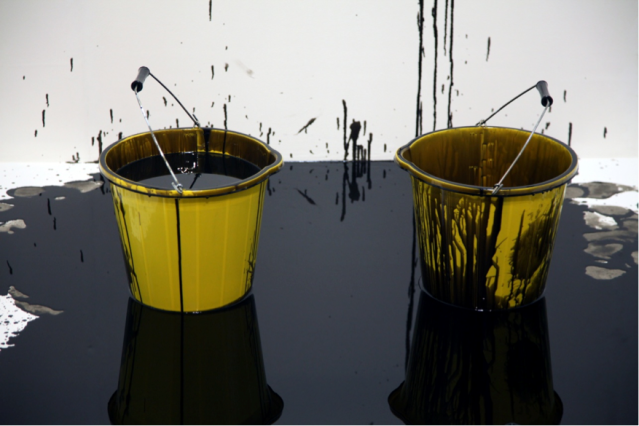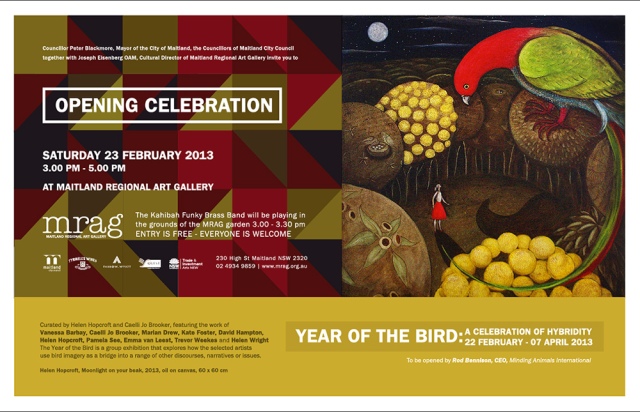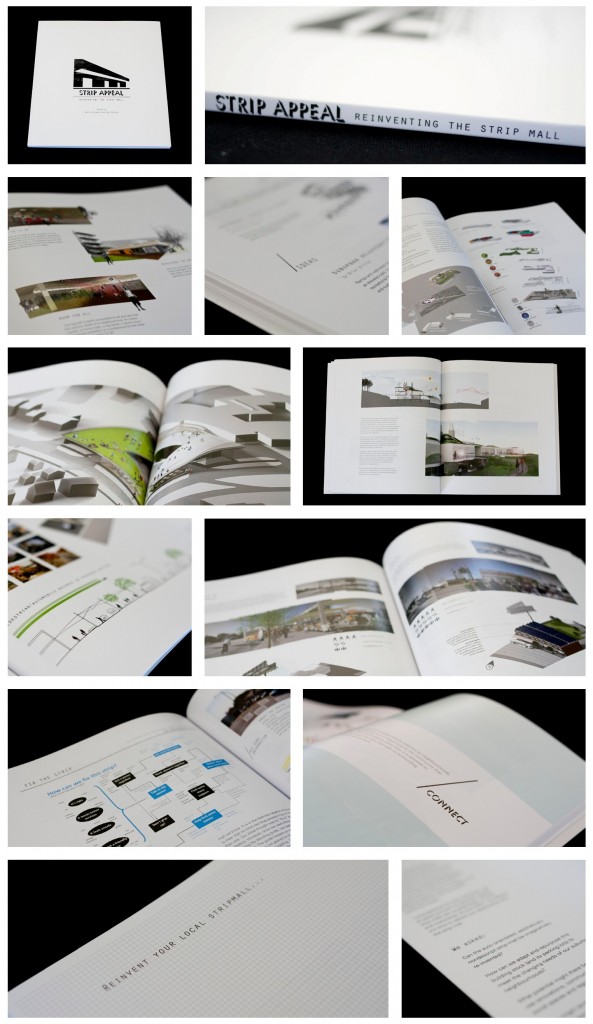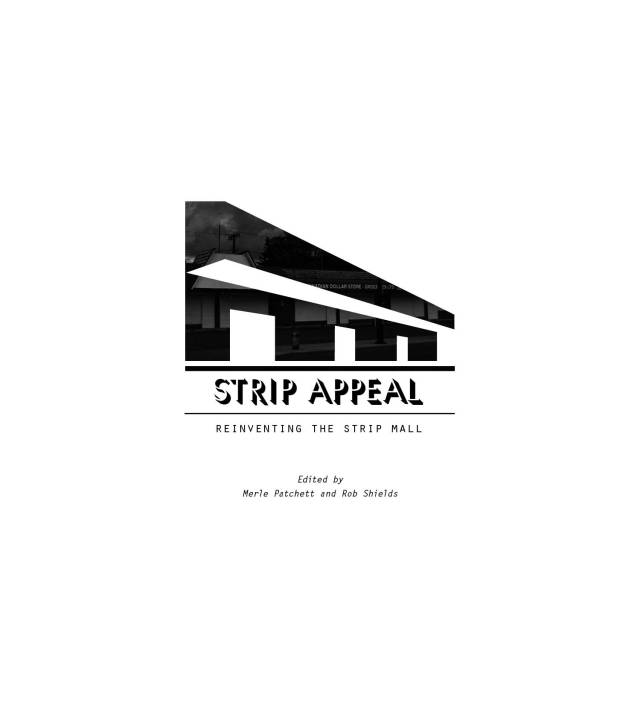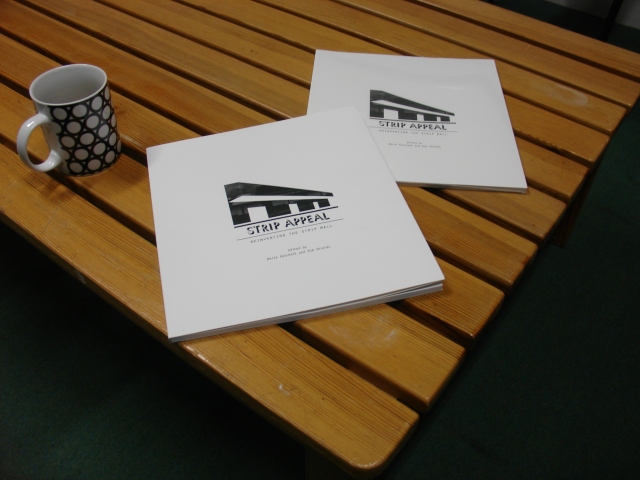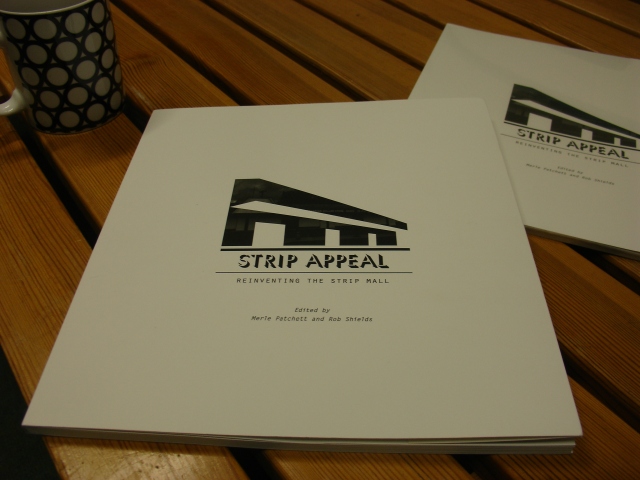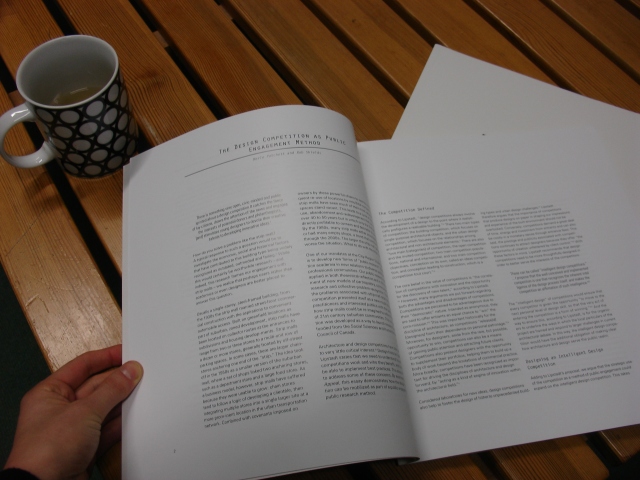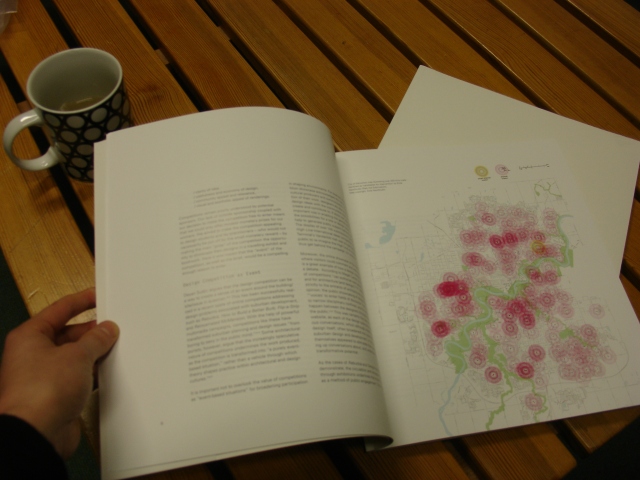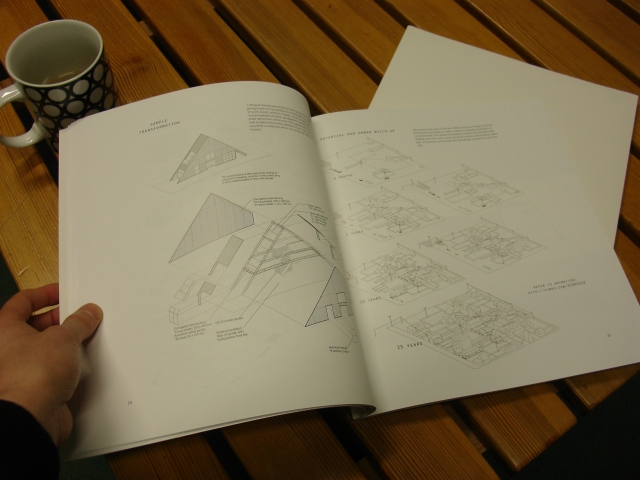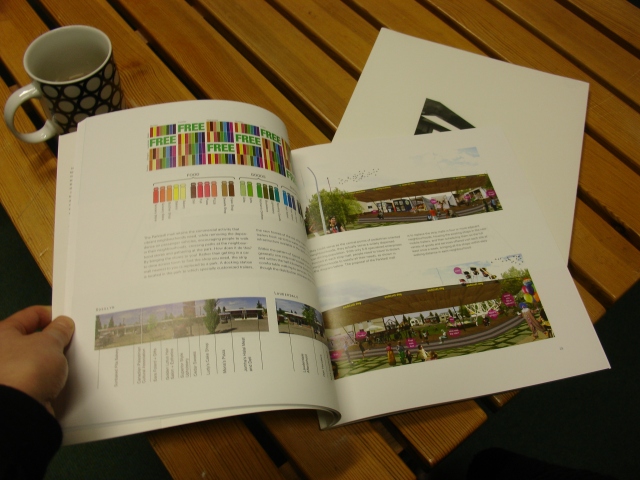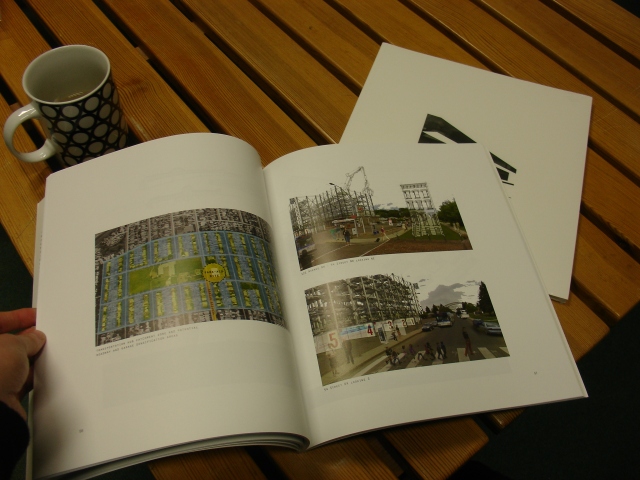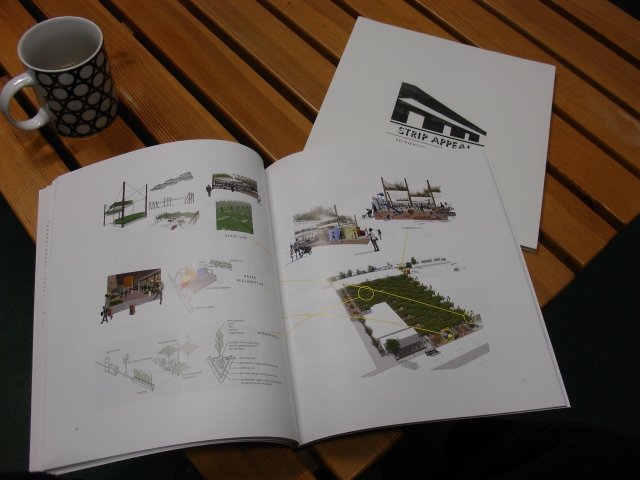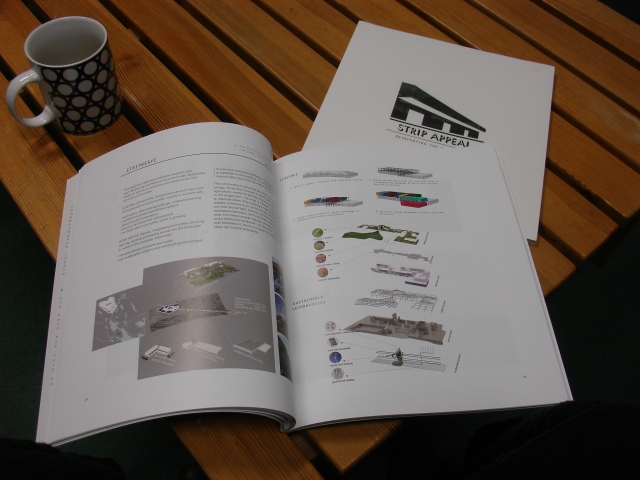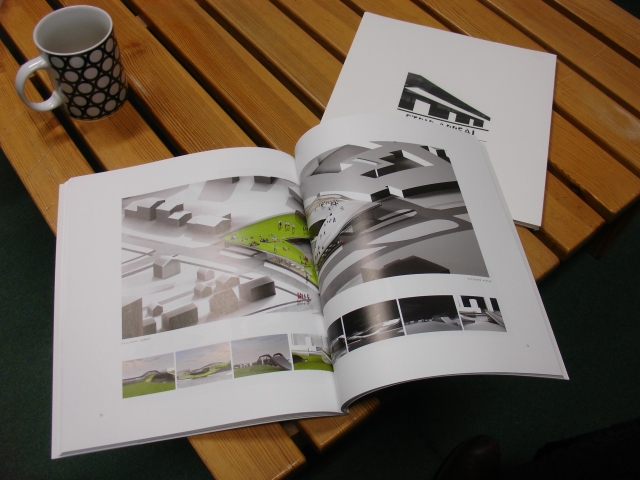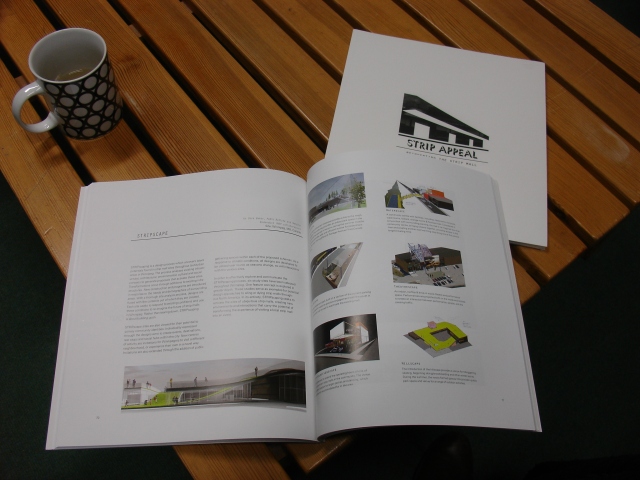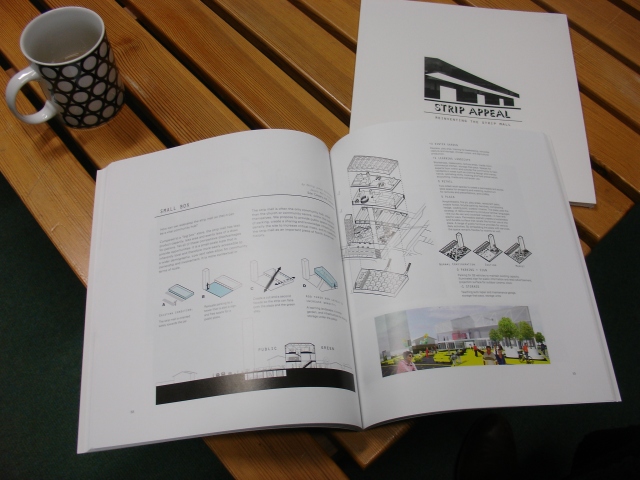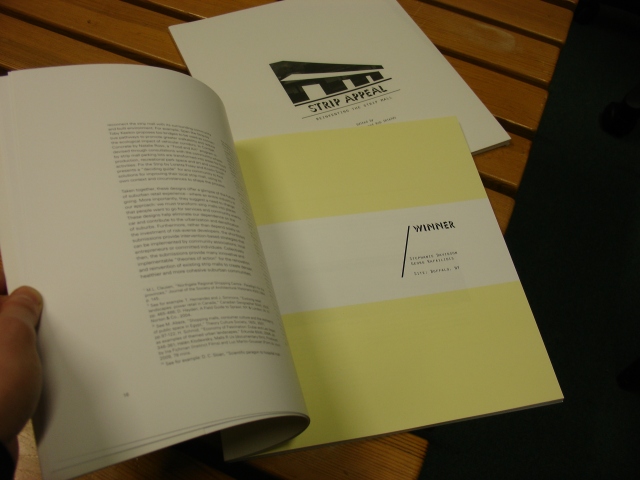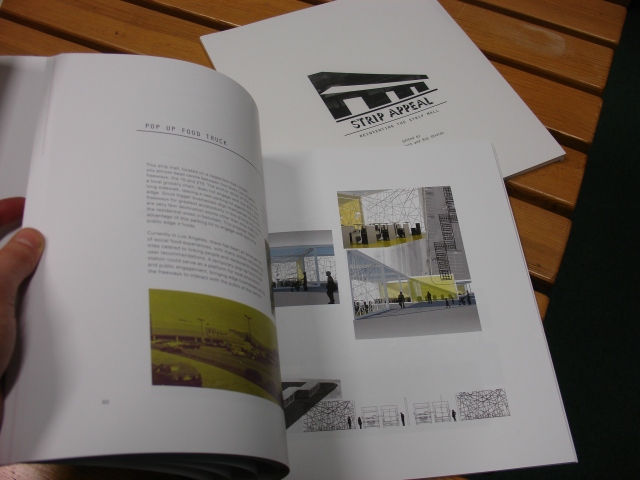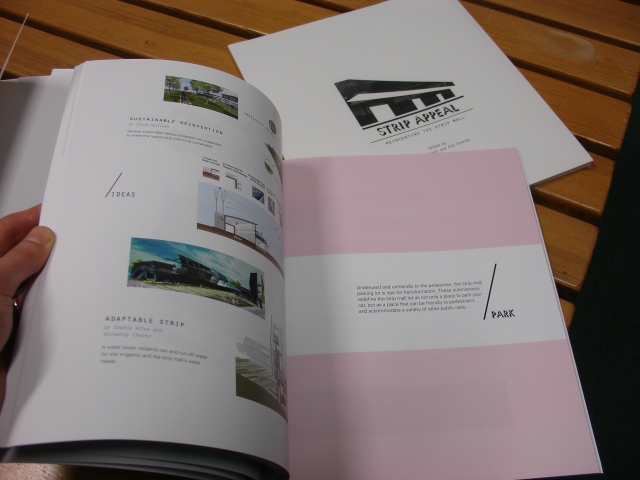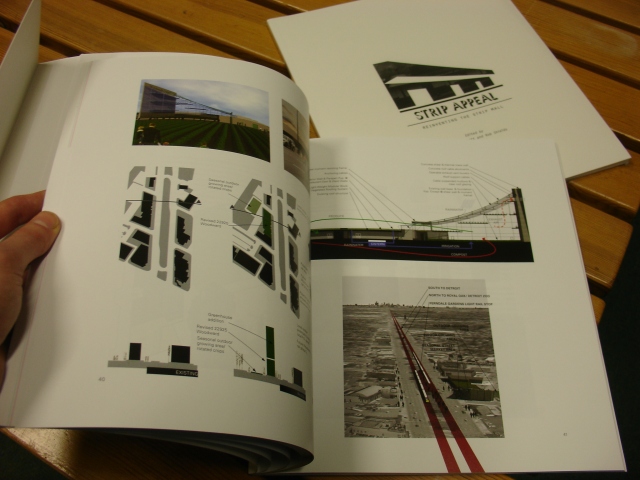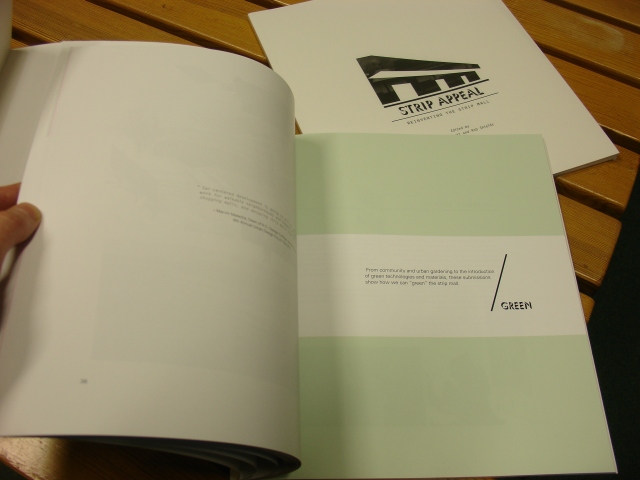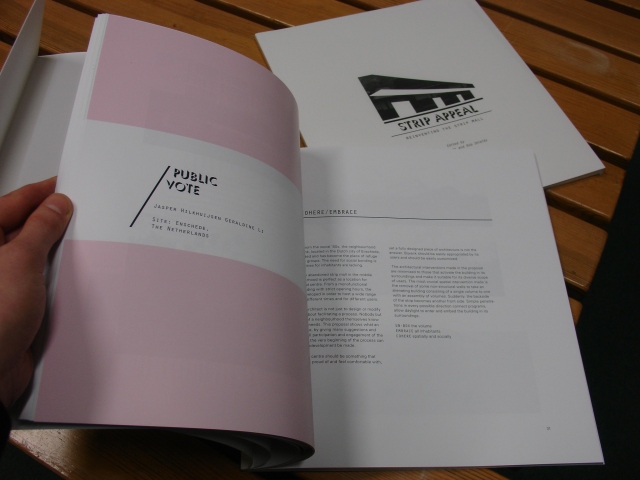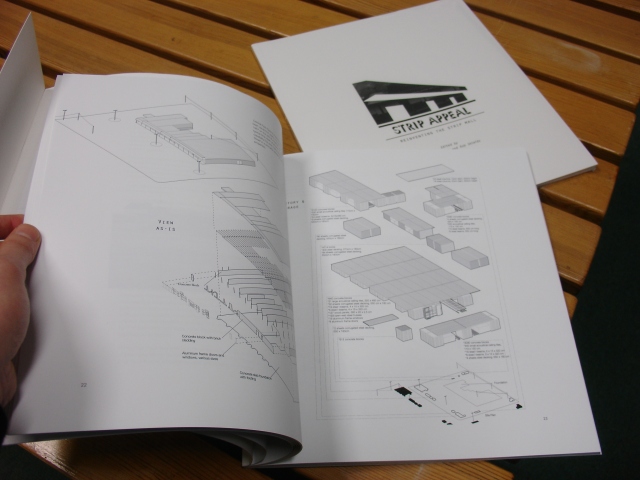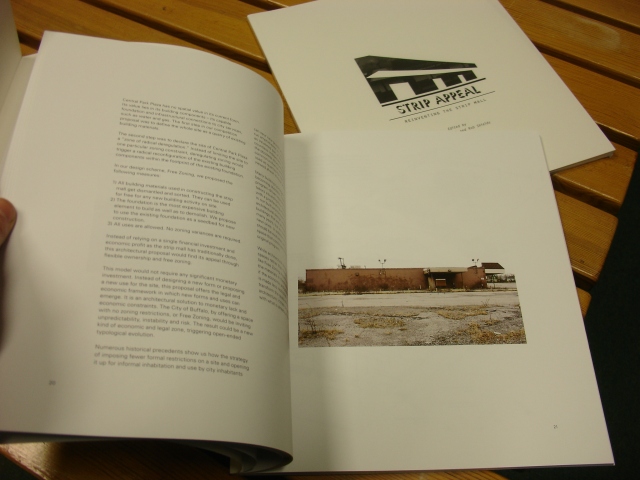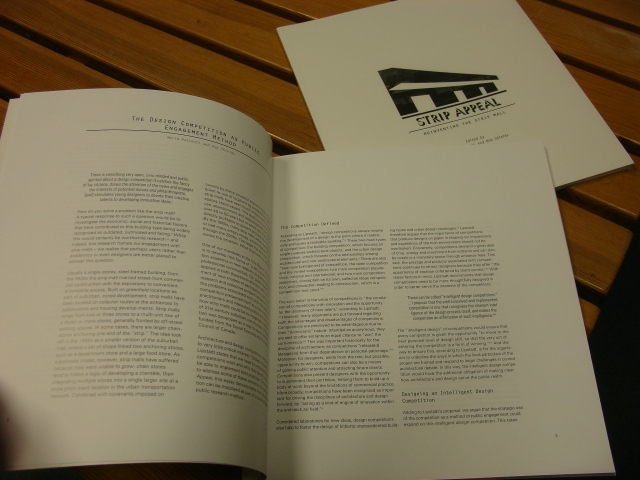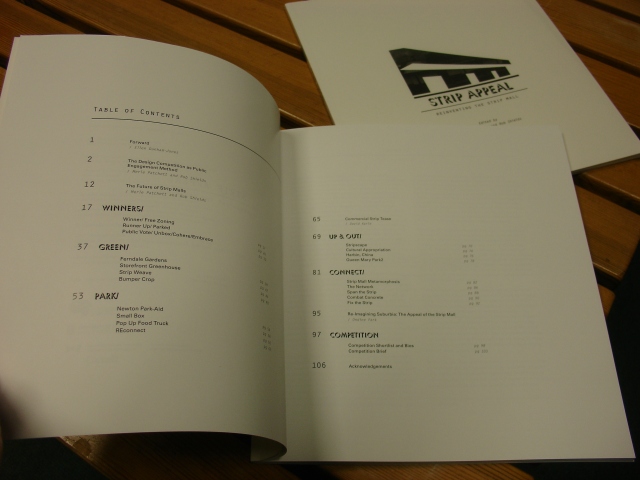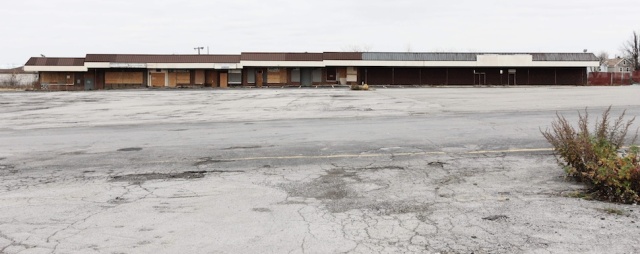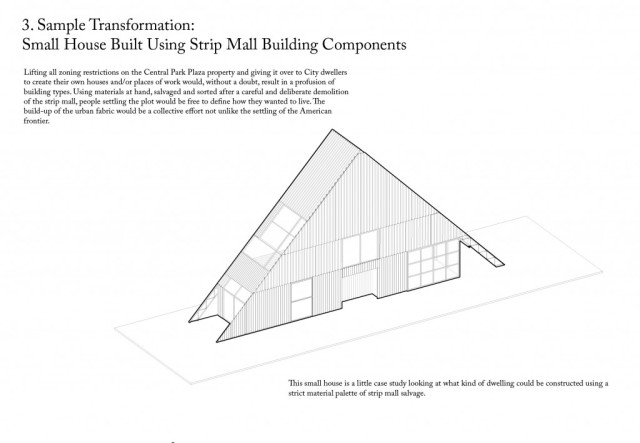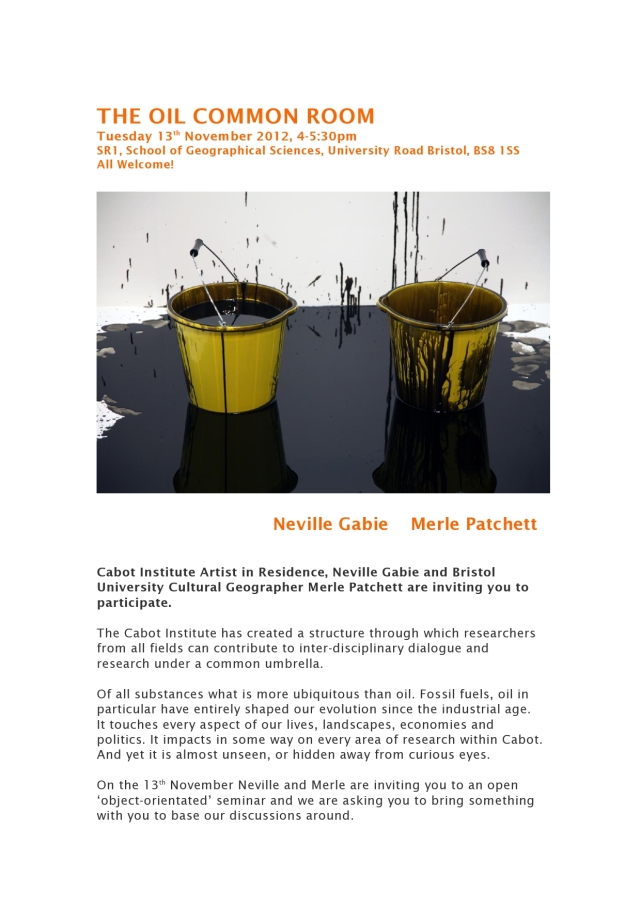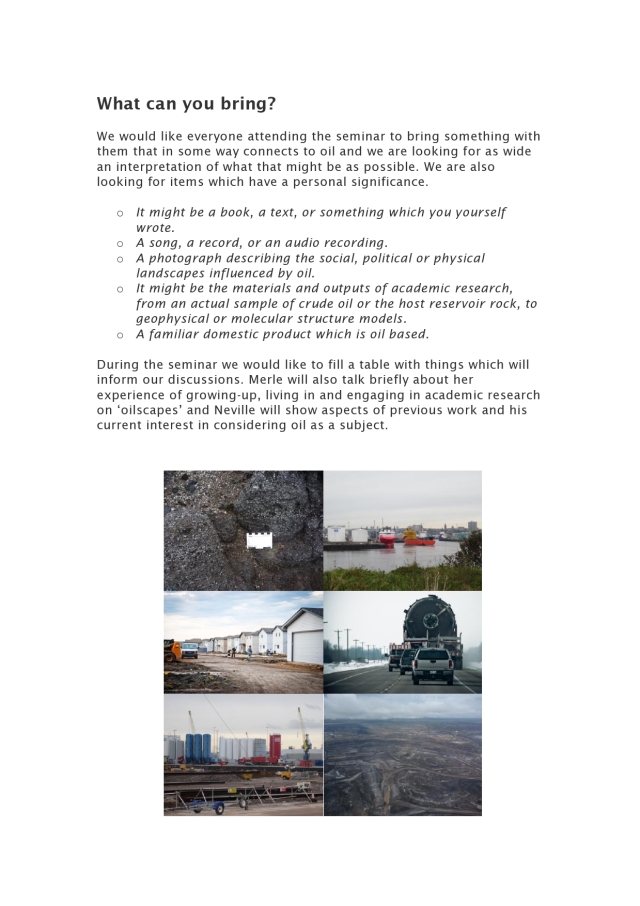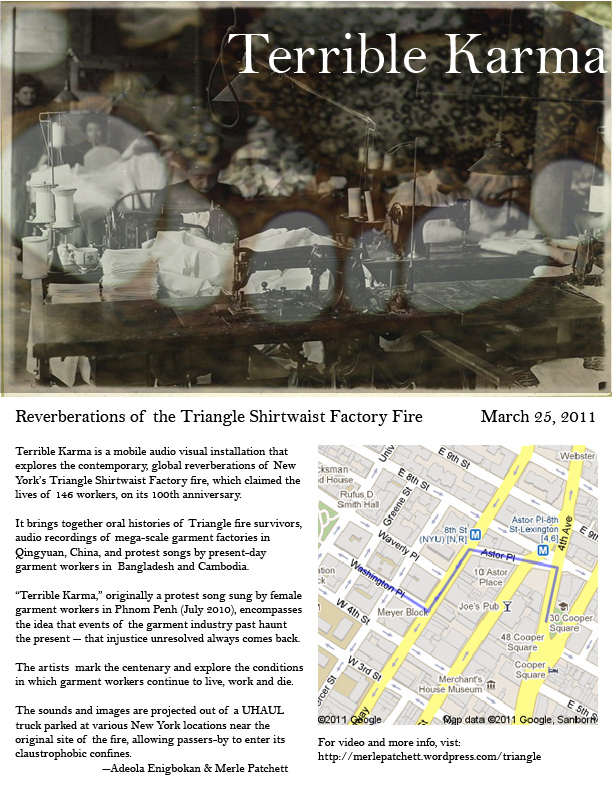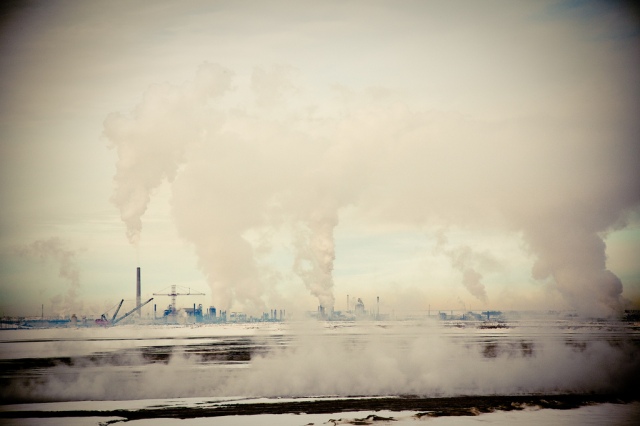
View of a tailings pond and Syncrude Oil Sand Mine in the distance. Photo: Andriko Lozowy
The Politics and Matter Research Group I am part of at the School of Geographical Sciences, University of Bristol is hosting a workshop Tuesday 18th – Wednesday 19th December 2012 on the theme of Politics and Matter.
The two-day event is open to the public and will be held at the School of Geographical Sciences at the University of Bristol. We would like to invite researchers to attend the workshop, and to use the space to explore emerging problematics and dynamics pertaining to their own work and interests.
Info:
In the wake of recent ‘new materialist’ debates there has been an upsurge of interest within the social sciences around the themes of vital materiality, nonhuman agency, and the subsequent questioning of political action and responsibility that these matters present (Bennett 2010; Coole and Frost 2010; Braun and Whatmore 2010). Invited speakers will demonstrate their recent contribution to these theoretical debates through questions around the cosmopolitics of energy, to the biosecurity of the common cold, and from the ecological sensitivity of material concerns, to governmentality through collective affects. This workshop will bring together key thinkers within geography and cognate disciplines to consider how a vital materiality draws together philosophical, scientific, artisitic and ethical questions in ways that reconfigure the space of politics.
Participants include: Ben Anderson, Andrew Barry, Diana Coole, Beth Greenhough, Paul Harrison, Steve Hinchcliffe, Maria Hynes, Emma Roe, Scott Sharpe, John Wylie
Politics and Matter Research Group: JD Dewsbury, Maria Fannin, Mark Jackson, Tom Keating, Andrew Lapworth, Joanna Mann, Naomi Millner, Merle Patchett, Tom Roberts, Stacey Smith, Georgie Urry, Nina Williams.
The workshop will be organized around three themes concerning the relationship between material agency and the question of politics. These are:
‘Concepts‘ – What philosophical lineages and conceptual frameworks do we draw on when presenting the vibrancy of matter? How do these particular theorizations present a different set of questions, problematics and relationalities soliciting new modes of political intervention? What new concepts are being utilized and rearticulated in order to grapple with the processes of materialization that are being brought to the fore in the 21st Century?
‘Techniques‘ – What methodological approaches are we taking in evidencing, manifesting and bearing witness to the agencies of matter that we research? How might we go further in enacting a more radical and non-correlationist presentation of matter’s own agency after recent object-oriented ontologies? What vocabularies and performative writing strategies are we experimenting with in giving account of material presences; and how might these in themselves set the parameters for contemporary political collectivities?
‘Ethics/Aesthetics‘ – What facilitative rules do we use to evaluate what beliefs, feelings and thoughts we have when evoking immanent modes of existence that new vitalist ontologies and materialisms imply? How do we dramatise the figure of the human when the bifurcation of nature – and of thought and matter, mind and body, human and non-human – proves itself to be less than adequate for our times? Ethico-aesthetically, how do new modes and spaces of expression delineate questions in the present that are more open to the future than closed in by the past?
The invited participants and members of the Politics and Matter Research group will give brief presentations, oriented more towards the exploratory, provocative, or experimental, rather than formal papers. We asked them to consider the following questions: “What do you think are the key questions and problematics pertaining to the inter-relationships of politics and materiality, and how are you negotiating their address from within the specifics of your own work? Given that materiality, immanence, assemblages, ontology, affect, and hybridity are increasingly influential and perhaps even becoming sedimented, what are the key challenges and potentials for research, as you see them?”
The aim is then to facilitate a relaxed and informal, but stimulating and rigorous dialogue within which we can all consider such questions over the two days of the workshop.
Attendance is free, but spaces are limited.
If you would like to attend the workshop, please send an e-mail indicating your attendance to: politicsandmatter@gmail.com.
Attendees are welcome on both or either of the days. Please note that the schedule for 18 December is 0830 until 1730 – you are welcome to come along after the first opening sessions if you cannot make that early start. The schedule will conclude on 19 December at 1300. Unfortunately, we are unable to cover accommodation or travel costs for attendees.
For further information please feel free to contact JD Dewsbury <JD.Dewsbury@bristol.ac.uk> or Mark Jackson <m.jackson@bristol.ac.uk>.

